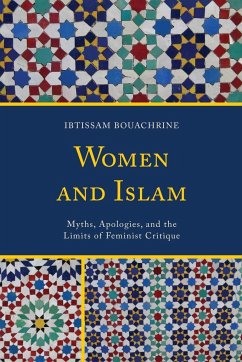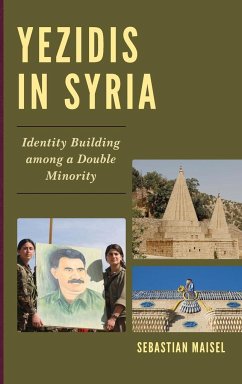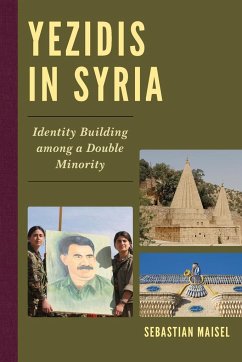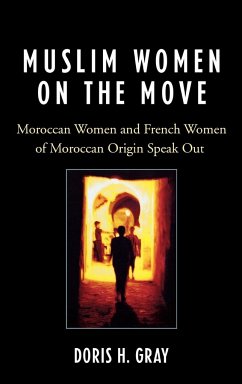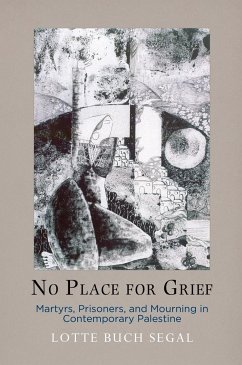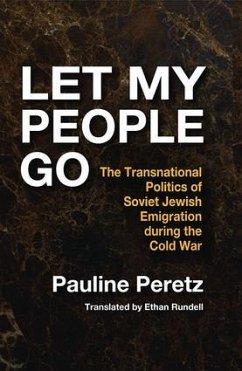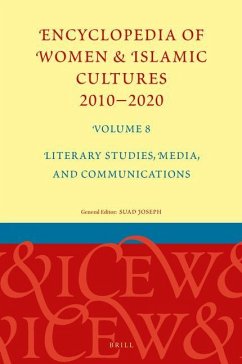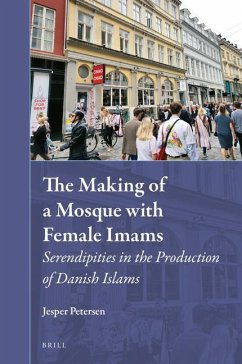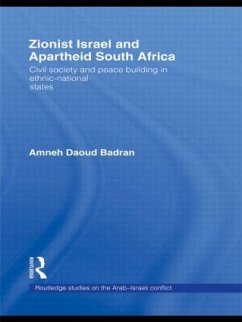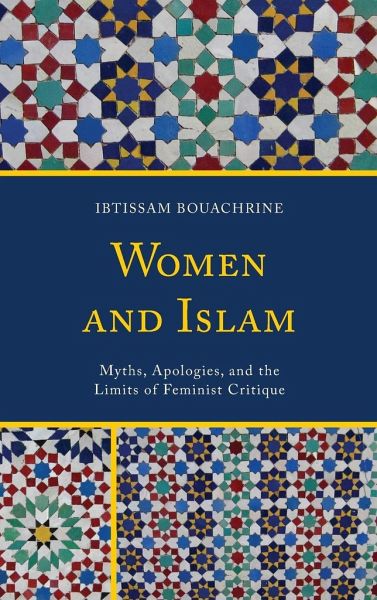
Women and Islam
Myths, Apologies, and the Limits of Feminist Critique
Versandkostenfrei!
Versandfertig in über 4 Wochen
113,99 €
inkl. MwSt.
Weitere Ausgaben:

PAYBACK Punkte
57 °P sammeln!
Ibtissam Bouachrine's Women and Islam: Myths, Apologies, and the Limits of Feminist Critique calls for a shift away from the unproductive paradigm of "us" vs. the West that has informed discourse on Muslim women and feminism in the post-9/11 era. Bouachrine challenges and calls for further challenge to the long-celebrated myths and ideologies that have circulated in academic and non-academic circles about Muslim women and the role of feminism, both within and outside the Muslim world.





